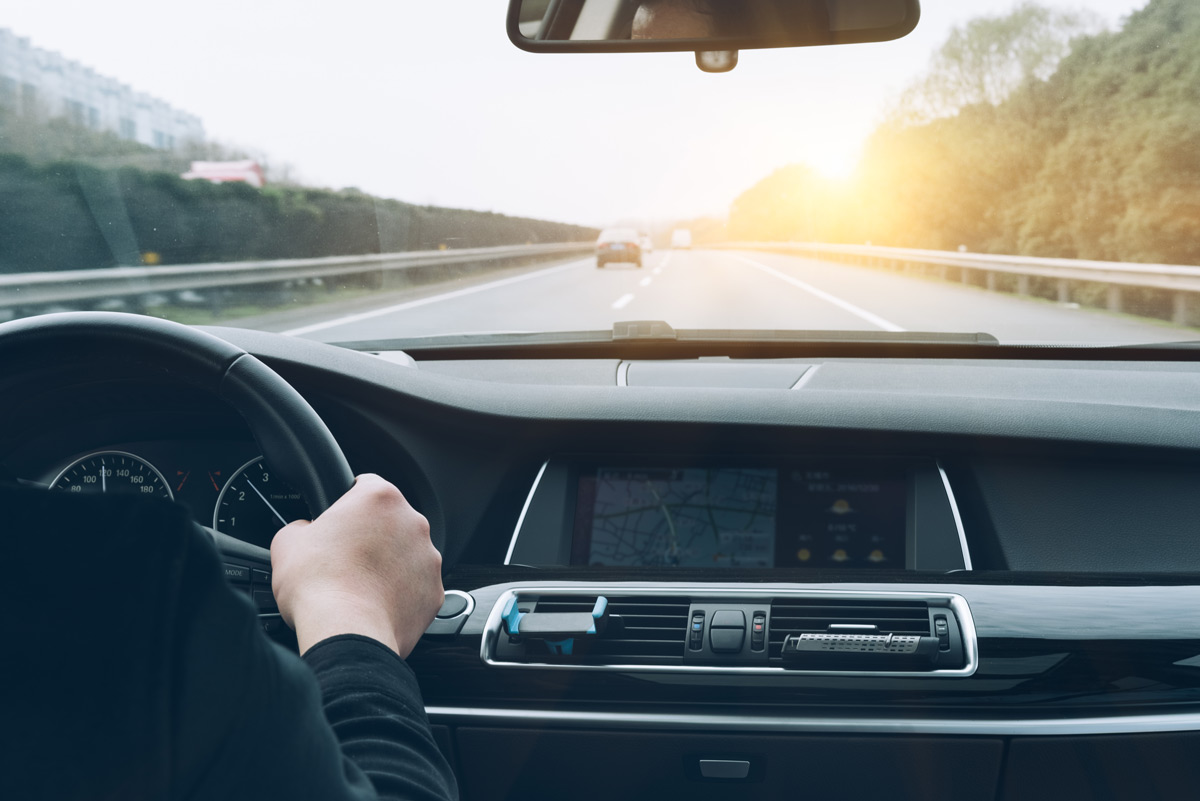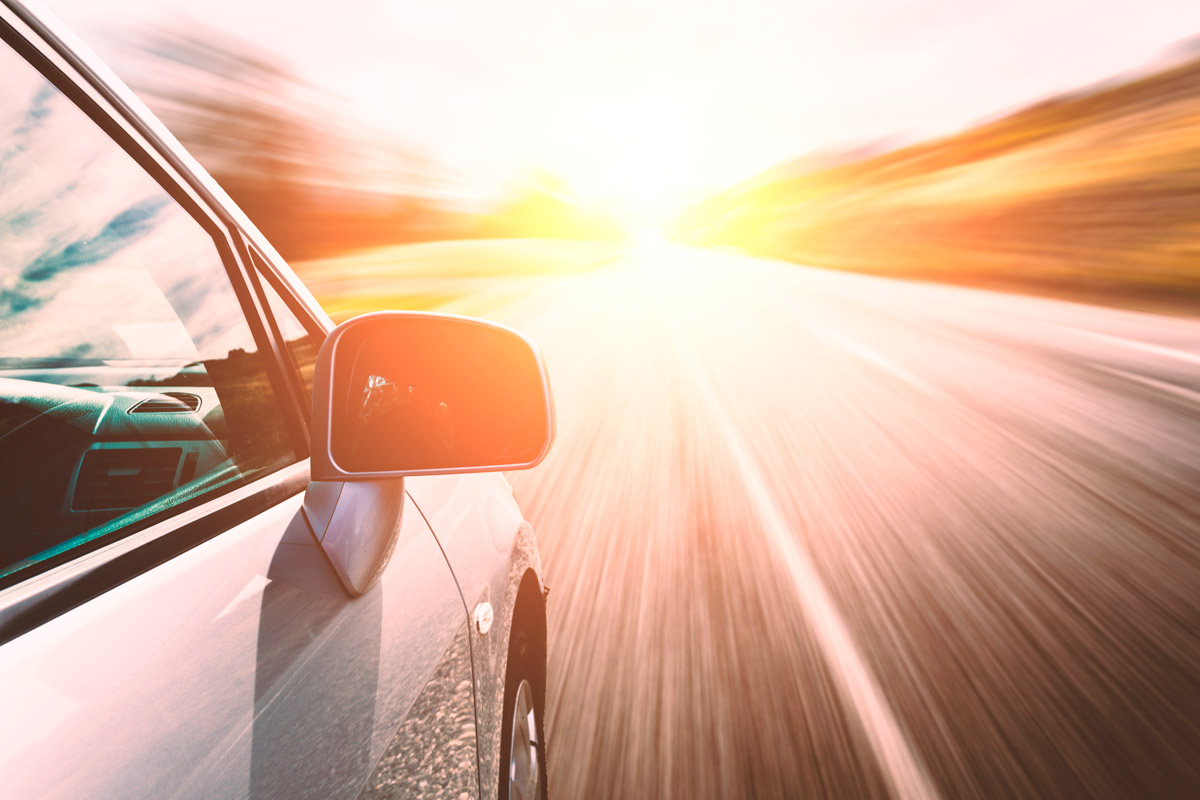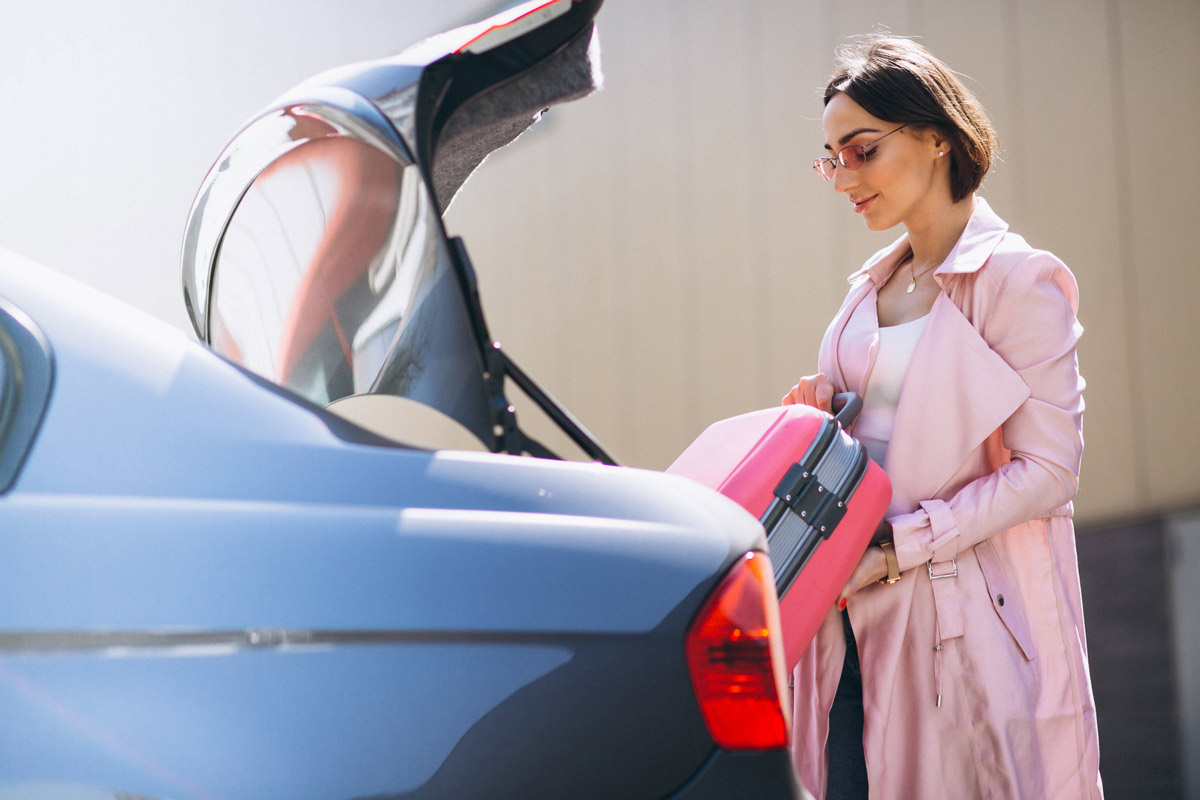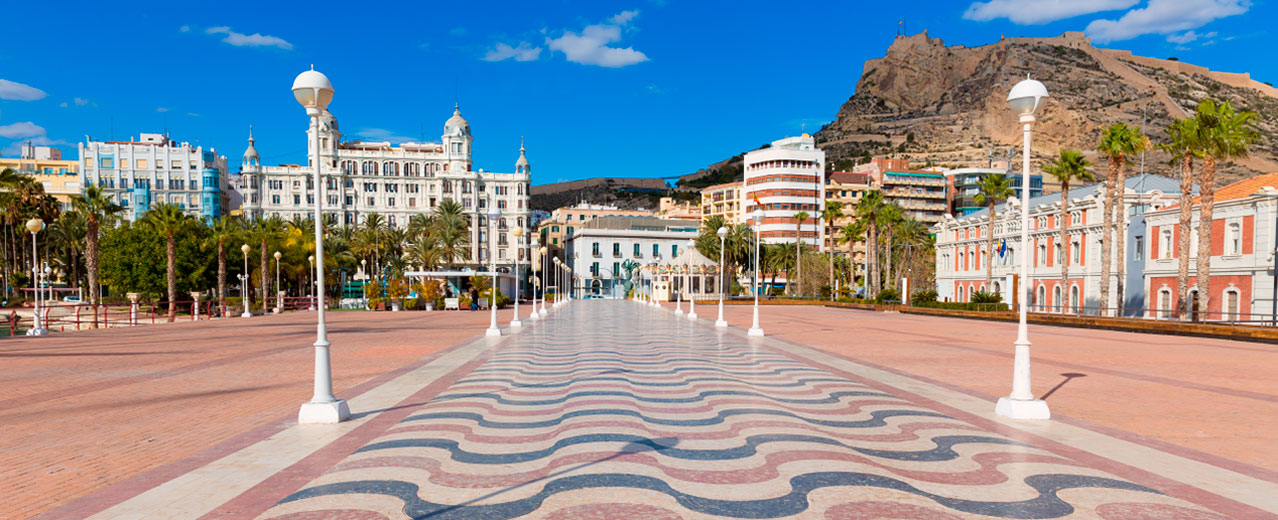Tips for saving fuel with your hire car
When travelling with family or friends, it is often better to look for a hire car than to take our own (if we have one). Here at Lara Cars, we offer excellent conditions in which, for the same price, you will have fully comprehensive insurance, unlimited mileage and additional drivers or child seats.
It is important to bear this in mind, because they are costs that other companies may include, that they will add to the usual cost of petrol. If you would you like to find out more about our fleet, get in touch with us. Now, we want to give you some tips to help you to save when it comes to travelling with a hire car.

How to save fuel in a hire car
Here at Lara Cars, we want to help you to save some euros when you leave our offices with your hire car. In general, these tips are the same as those we would recommend for someone with their own car, although these are more focussed on trips with several people.
Drive smoothly
The first tip we can give you, that we will expand on in the next point, is not to be aggressive behind the wheel. Not only will this save you lots of hassle, but it will also save a significant amount of fuel in your hire car.
If you are driving along main roads, take advantage of the cruise control that most modern cars have, and try to drive at less than 110 kilometres per hour. Above this speed, fuel consumption can skyrocket up to 25% more than on previous stretches.
On the other hand, if you are driving your hire car through town, use engine braking to reduce speed at traffic lights, STOP signs or when coming up to roundabouts. If you come to a complete standstill or press on the clutch, it will use more petrol than using the appropriate gear.
Avoid bursts of acceleration
Continuing with the idea of driving you hire car more smoothly, you should also bear in mind something that often happens in cities. With so many vehicles in such a small space, you are constantly stopping and starting every few metres.
In this case, accelerate gently and don’t press down hard on the accelerator. That way, you will prevent the engine from overheating and consuming a large amount of fuel with a very short action.
Another tip which is very useful for those who have hired a car with friends is about picking them up. If you have to wait for someone and you are stopped outside their house, it is better to switch the engine off and avoid the idling from costing you more than necessary.

Travel with the windows closed
If the previous tip was for hire cars in cities, this is more focussed on those who drive on main roads. On hot days, it can be nice to wind down the windows and cool down the inside of the vehicle, but it’s not the best idea. On the one hand, at high speeds it is annoying for everyone. And on the other, the force of the air makes the car less aerodynamic and it consumes more fuel.
Although we know that the air conditioning system also uses fuel, the saving is significant when travelling along main roads and motorways.
Check the tyre pressure
We already mentioned that, when looking for a hire car, people often travel long distances, we don’t just travel around town. In this case, it is extremely important to check the tyre pressure and ensure it matches what the manufacturer says. Check the manual to find out the exact pressure.
Most passenger cars tend to have a pressure of between 2 and 2.5 bars, provided we measure them cold. If you measure the tyre pressure after driving, when the tyres are hot, this number may be slightly higher. In the same way, if we are driving with the car full to the maximum or completely empty, there may be variations in the manual.
Distribute the load evenly around the vehicle
We finish our list by planning properly where to put each piece of luggage or packages we are carrying. In your hire car, there will be space for everything you need, but you have to distribute it properly around the whole surface area of the boot.
If one side is holding much more weight than the other, it can cause the tyres to wear much more easily and, in addition, it also consumes a larger amount of fuel. If you are travelling with just a very heavy package, it is best to secure it and tie it down so it doesn’t move during the journey.







